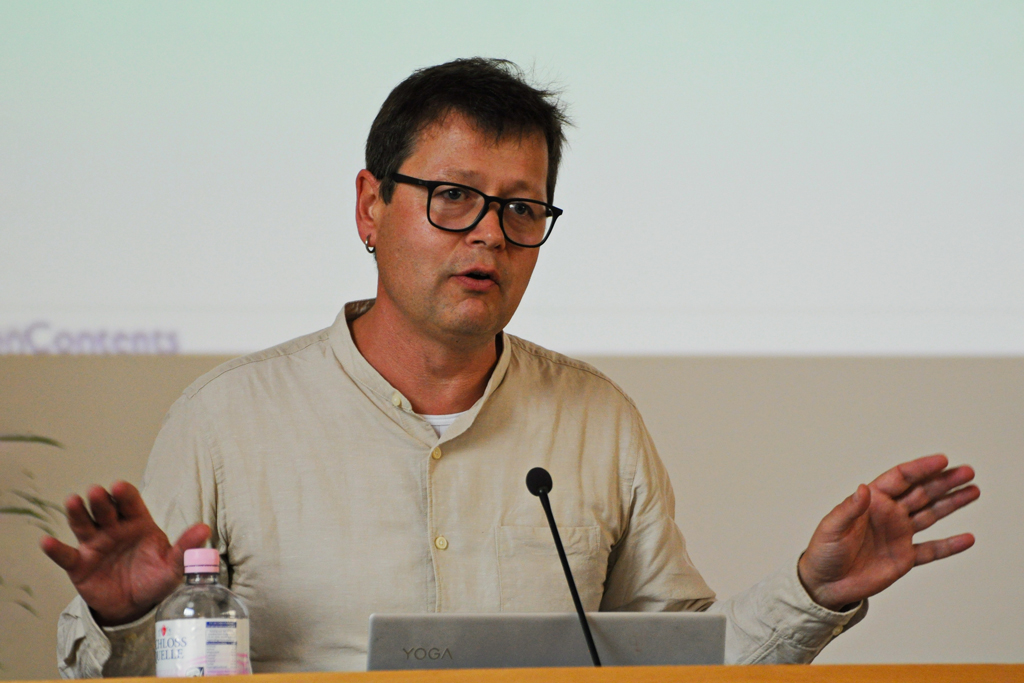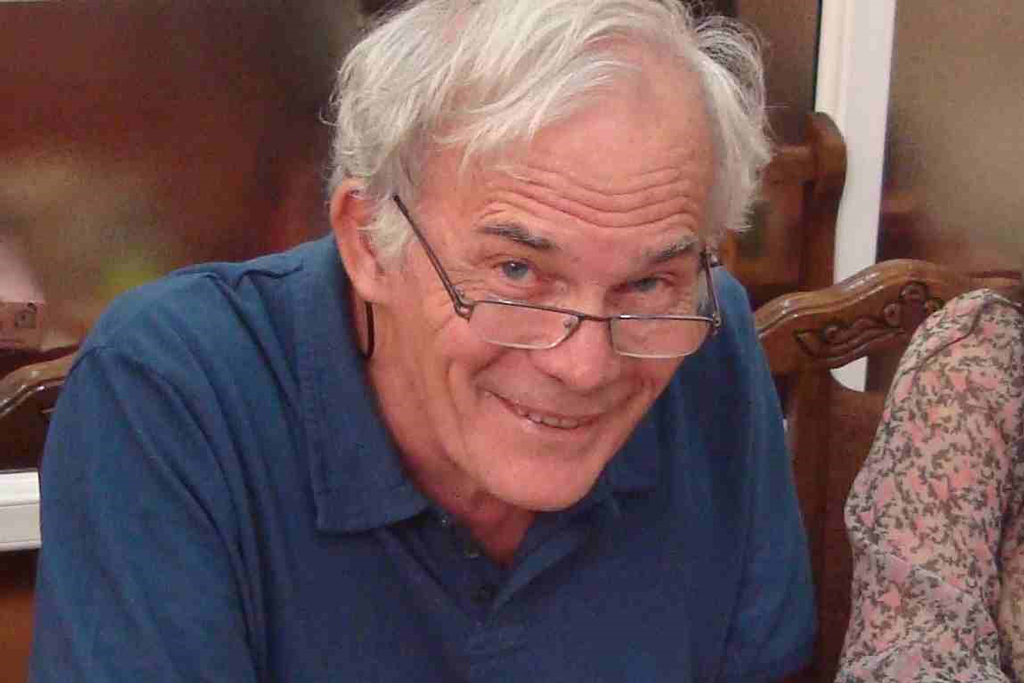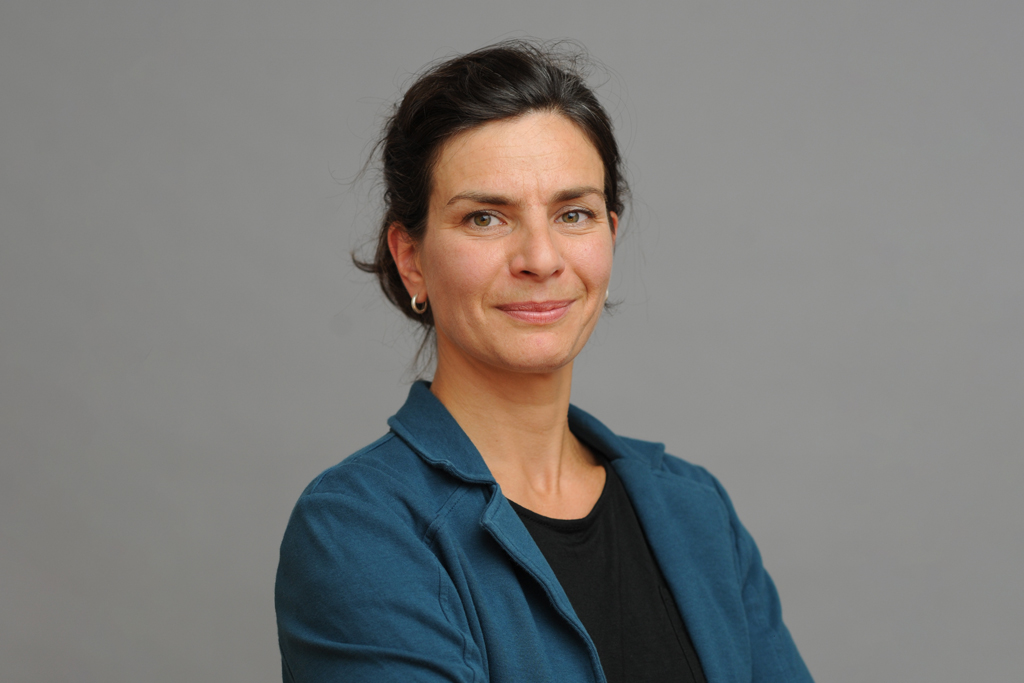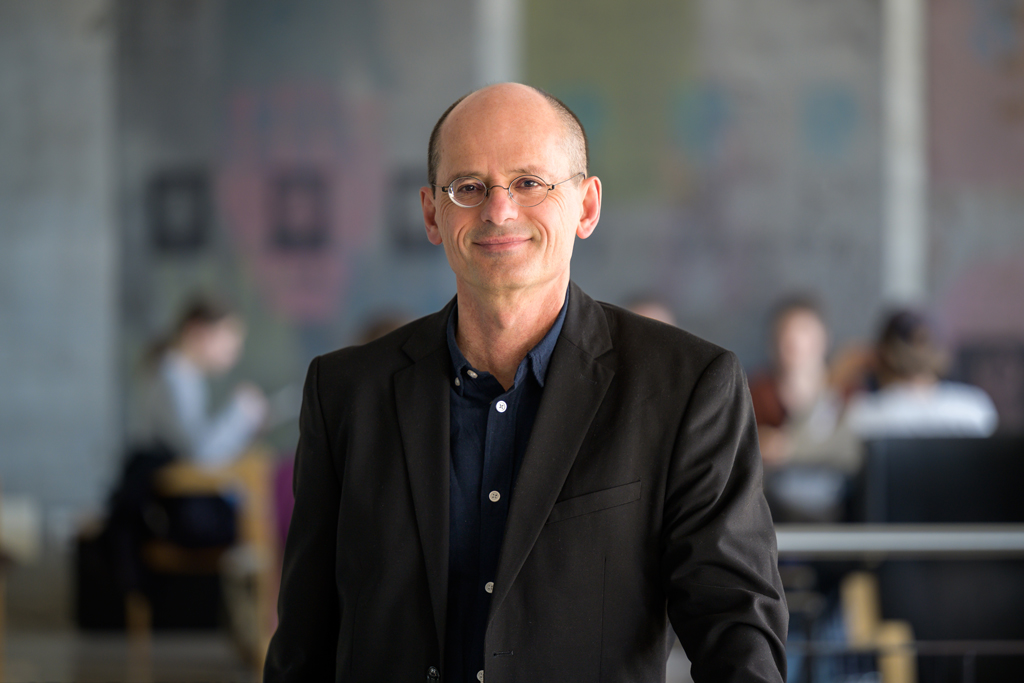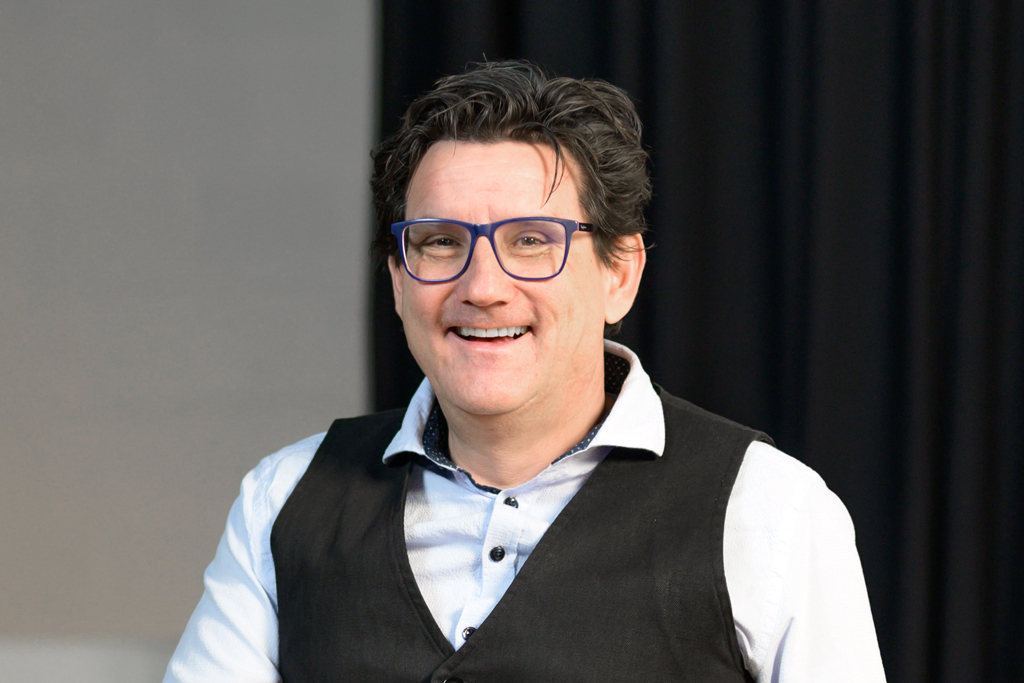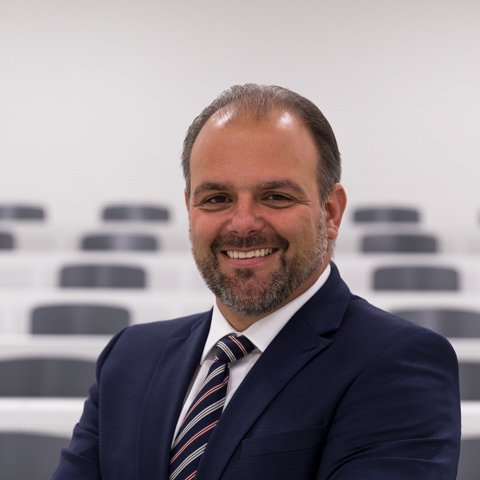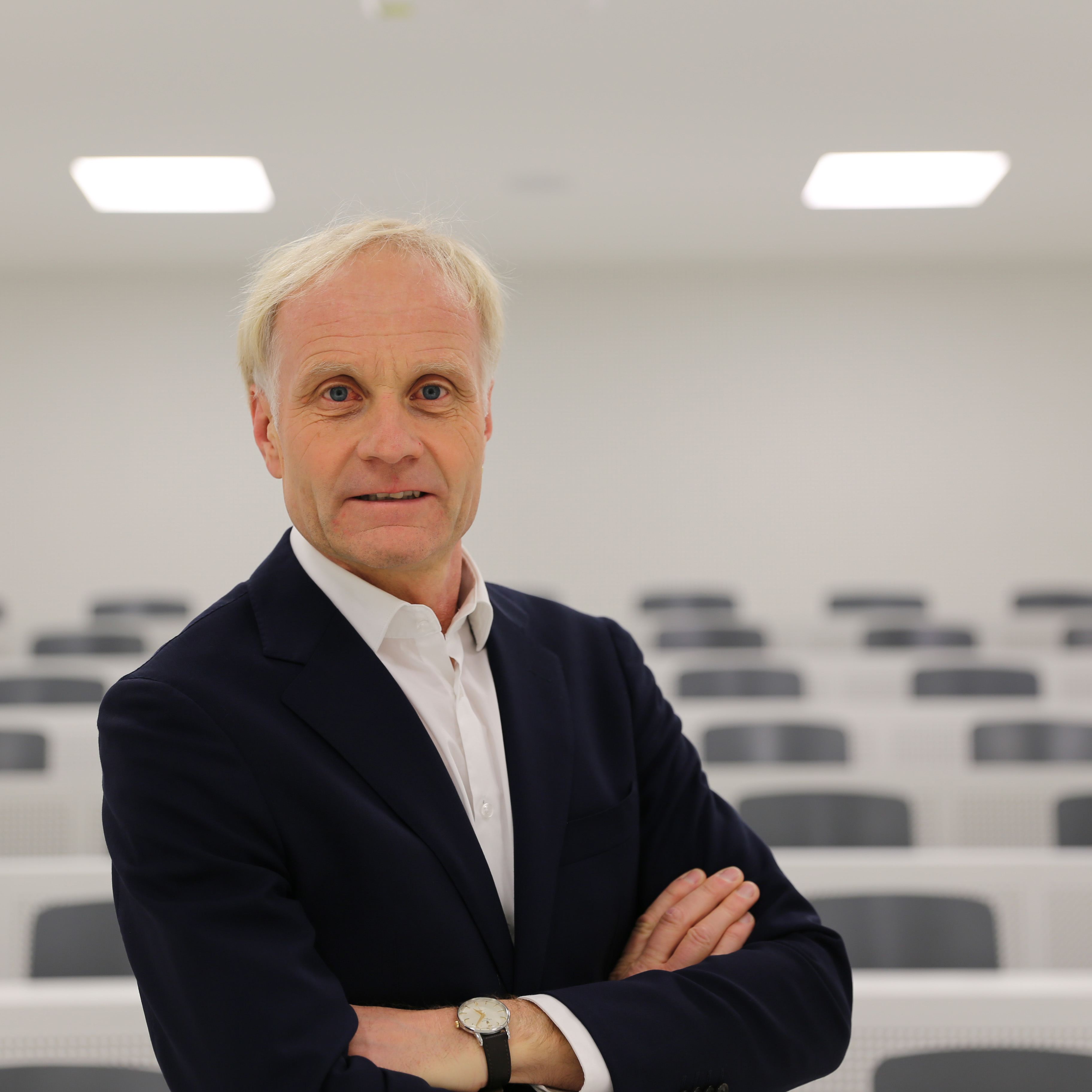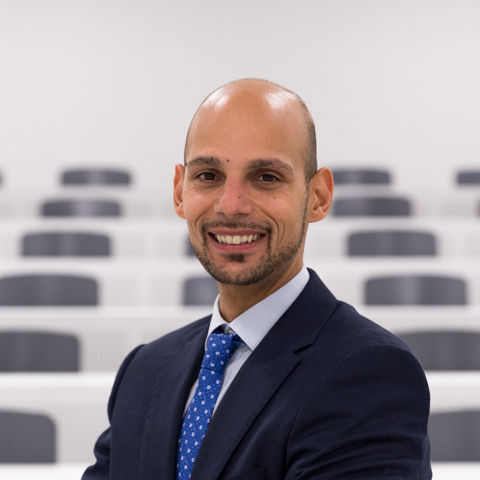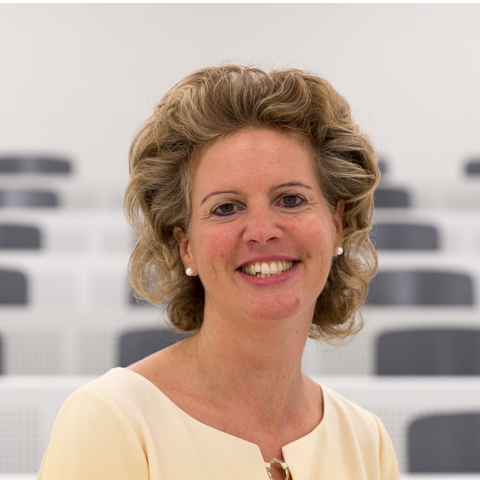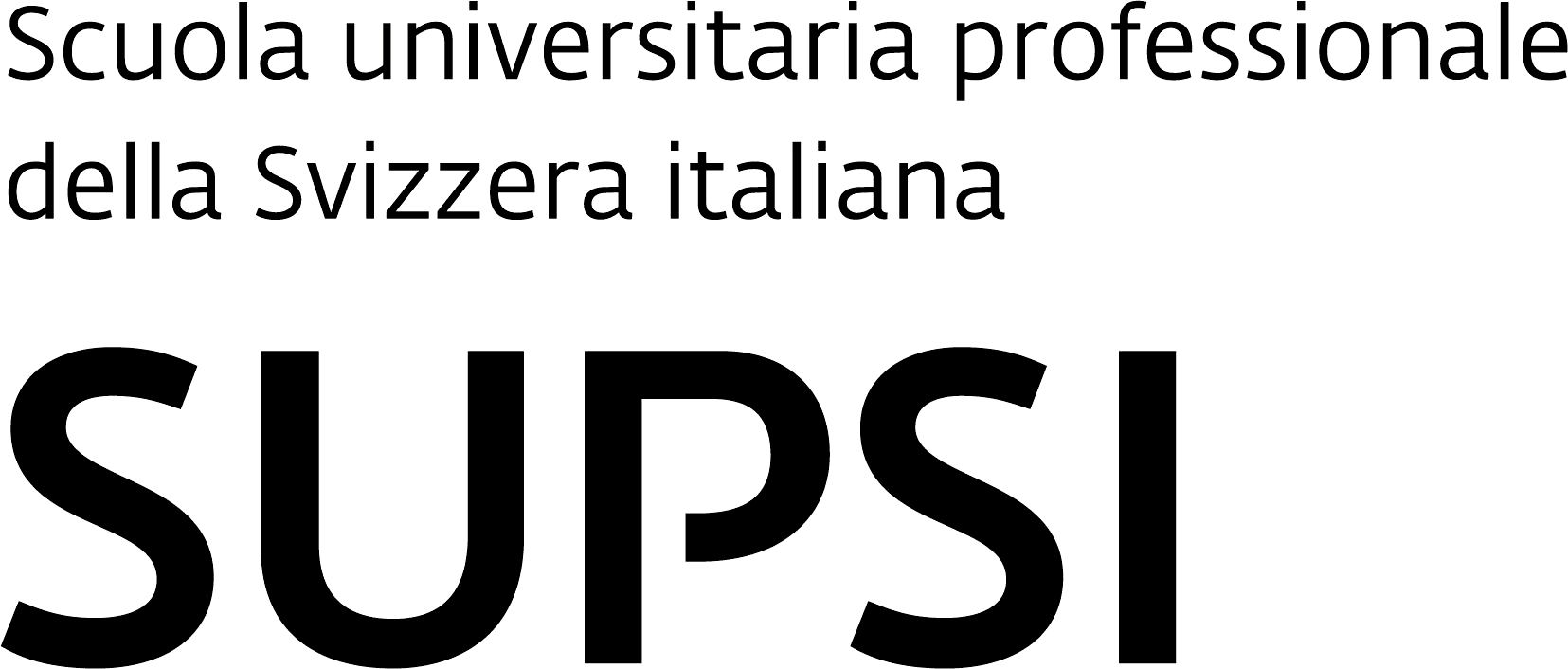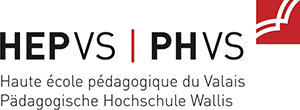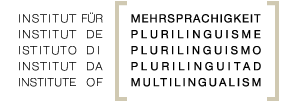Background information

Multilingualism shapes our daily life experiences. We encounter it in different ways and in different forms. For example, when we come across new or foreign languages, or, depending on our situation, make use of foreign languages or live alongside with them. These are multilingual encounters in which people of different languages of origin form relationships with each other. Seen from this perspective, multilingualism in its omnipresence is part of all social life and thus probably shapes questions and discourses that may have educational as well as socio-cultural or economic connotations. These contexts, each in its own right, but also in their possible interconnections, form the cornerstones enabling people to live adaptively in multilingual worlds. This might and is even likely to broaden their multilingual awareness and their language-related cultural view and lead them to see and understand global contexts in a new way.
Such and similar assessments may have been the starting point for some European countries to sign the European Charter for Regional or Minority Languages, thereby committing themselves to the Council of Europe to protect and promote their linguistic diversity and Europe's cultural wealth associated with it. Obviously, this is not easy to put in practice because the linguistic and socio-political situations within individual countries or national territories are often very complex. But precisely because in the context of multilingualism a wide gap between legal requirements and lived reality might open up, target-oriented knowledge that is constantly kept up to date is a necessary guideline for development processes. In this way, existing approaches can be differentiated, new perspectives can be perceived and perhaps bridges to other disciplines can be built. It is in this area that the research on multilingualism that in recent years and decades has been advanced in Switzerland as well as in other countries can be located.
For example, there has been interest in how newer concepts or principles of the didactics of multilingualism are implemented in multilingual contexts in schools, how so-called good foreign language teaching ought to be structured, or how multilingualism is generally approached from a linguistic and socio-political perspective.

